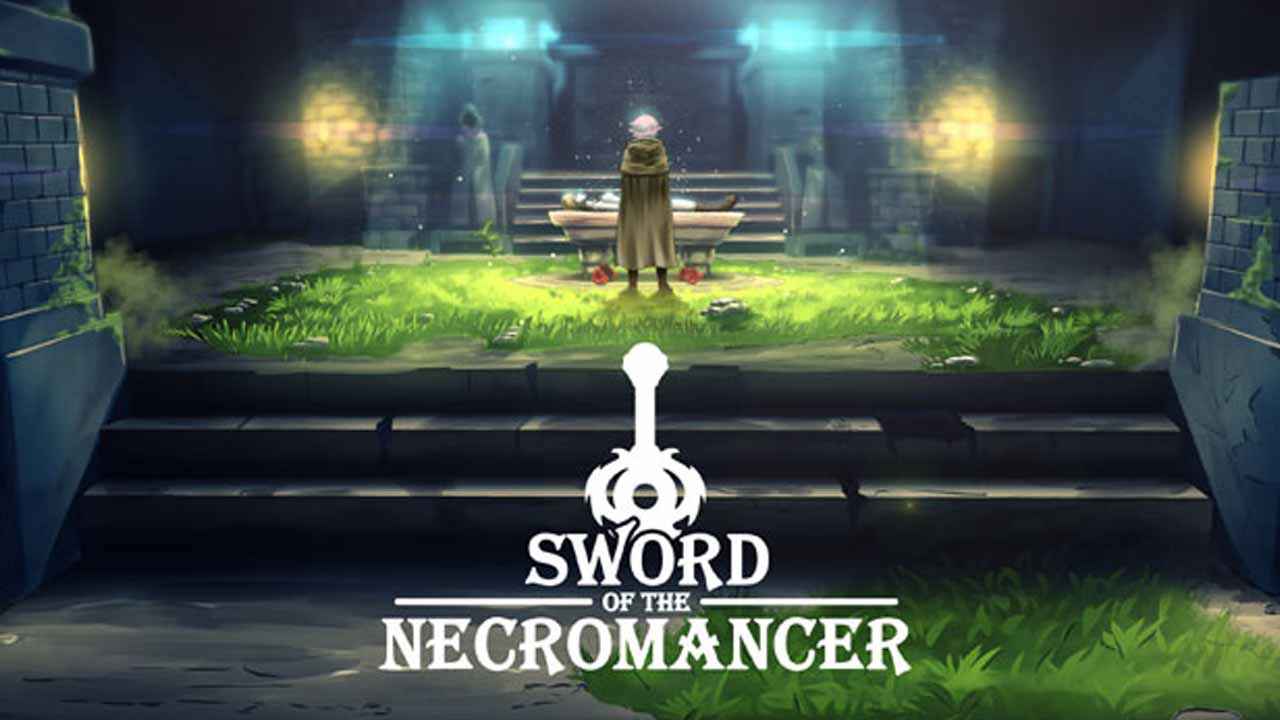Family gatherings and holidays have the potential to create the most cherished memories, but they can also become a breeding ground for conflicts. The combination of trust, closeness, and varying opinions can ignite tension and transform joyous occasions into battlegrounds.
Navigating these turbulent waters requires finesse, patience, and a deep understanding that maintaining relationships often takes precedence over winning arguments. In this article, we will explore effective strategies for handling conflicts that arise during family gatherings, from wielding polite behavior as a shield to redirecting conversations and even resolving issues away from the event.
However, we must also acknowledge that some conflicts call for drastic measures such as cutting off toxic relationships.
Difficulty Of Handling Conflicts During Family Gatherings Or Holidays
Family gatherings and holidays are meant to be joyous occasions where loved ones come together to celebrate and create lasting memories. However, conflicts that arise during these events can prove to be far more challenging to handle than disputes with friends or acquaintances.
The reason for this is rooted in the expectations of trust and closeness that come with family relationships. When conflicts occur within the family dynamic, it can create a sense of betrayal and hurt that is distinct from other types of disagreements.
The trust and closeness we expect from family members make conflicts during gatherings or holidays particularly difficult to navigate. These conflicts have the potential to disrupt the entire atmosphere of the event, leaving everyone feeling tense and uncomfortable.
Moreover, unresolved family conflicts can have lasting effects that extend far beyond the actual gathering, continuing to strain relationships and compromise the trust that is crucial to healthy family dynamics.
Impact Of Unresolved Conflicts On Family Gatherings And Relationships
Unresolved conflicts not only affect the immediate participants but also have a ripple effect on the entire family gathering and relationships. The stress and tension caused by these conflicts can linger before the event, casting a dark cloud over what should be a festive occasion.
It can also manifest during the gathering itself, creating an uncomfortable atmosphere for everyone involved. After the event, the unresolved conflict may continue to loom, adding strain to relationships and potentially causing long-term damage.
The impact of unresolved conflicts during family gatherings goes beyond the event itself. They can erode trust between family members, creating a sense of uncertainty and distance.
Over time, these conflicts can accumulate, leading to a breakdown in communication and diminishing the overall quality of the family relationship. It is essential to address these conflicts and find resolutions to prevent them from causing further harm.
Ineffectiveness Of Avoiding Or Bringing Up Old Hurts To Resolve Conflicts
When conflicts arise during family gatherings, some individuals may attempt to avoid the issue altogether. They may believe that by pretending everything is fine, the conflict will naturally dissipate on its own.
However, this approach is often ineffective as it does not address the underlying issues causing the conflict in the first place. By avoiding the conflict, individuals may inadvertently allow it to fester and become even more significant over time.
On the other hand, bringing up old hurts during family conflicts rarely leads to a satisfactory resolution. Rehashing past grievances can escalate the conflict and hinder progress towards a resolution.
It is essential to recognize that resolving conflicts during family gatherings requires a different approach than simply ignoring or dredging up old wounds.
Strategies For Handling Conflicts During Family Gatherings
Navigating conflicts during family gatherings requires a delicate balance of diplomacy and assertiveness. Here are some strategies that can help in handling conflicts effectively:
Option Of Resolving Conflict Outside Of The Gathering
In some cases, it may be more suitable to address and resolve conflicts outside of the family gathering or holiday event. Trying to find a resolution in a highly charged atmosphere with an audience may add unnecessary pressure and hinder productive discussions.
By opting for a different time and place to address the conflict, all parties involved can approach the discussion in a more calm and rational manner, increasing the likelihood of finding a resolution.
Constructive Approach Of Civil Meeting To Discuss And Resolve Conflicts
If both parties involved in the conflict are open to resolving the issue, a civil and well-planned meeting can be an effective approach to finding a resolution. This meeting should provide a safe space for individuals to express their grievances, offer apologies if necessary, and work together to find a mutually agreeable solution.
It is crucial to approach the meeting with an open mind, willingness to compromise, and the goal of rebuilding trust and strengthening relationships.
Importance Of Forgiving Without Allowing Oneself To Be Wronged Again
Forgiveness plays a vital role in resolving conflicts during family gatherings. While it is advisable to forgive the other person and let go of resentment, it is essential to remember that forgiveness does not mean allowing oneself to be continually wronged or abused.
It is crucial to set clear boundaries and communicate effectively to prevent a recurrence of the conflict. By forgiving and letting go, individuals can free themselves from the burden of anger and resentment, promoting healing and growth.
Necessity Of Minimizing Or Cutting Off Contact In Cases Of Abusive Behavior
Unfortunately, some conflicts within families involve abusive behavior without remorse or hope for change. In such extreme cases, minimizing or even cutting off contact may be necessary for one’s emotional well-being.
It is vital to prioritize self-care and surround oneself with positive and supportive relationships. Seek professional help if needed to navigate the complexities of abusive family dynamics and heal from the emotional wounds they may cause.
In conclusion, conflicts that arise during family gatherings or holidays present unique challenges due to the expectations of trust and closeness. Unresolved conflicts can cause stress and tension, compromising trust and straining relationships.
Avoiding or bringing up old hurts is ineffective in resolving conflicts. Strategies for handling conflicts during family gatherings include being polite, redirecting conversations, and minimizing contact.
Resolving conflicts outside of the gathering is an option, and civil meetings can be constructive. Forgiving without allowing oneself to be wronged again is important, while minimizing or cutting off contact may be necessary in cases of abusive behavior.
By implementing these strategies, individuals can foster peaceful resolutions and meaningful connections during family gatherings and holidays.


